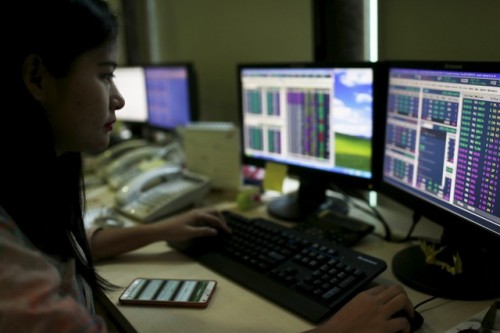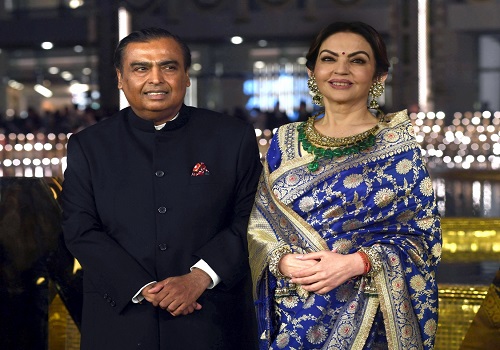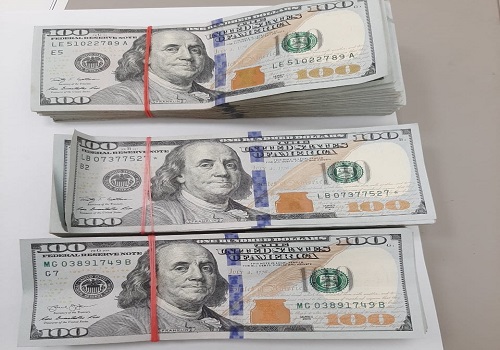Markets end near day’s low; Sensex breaches 57,200 mark
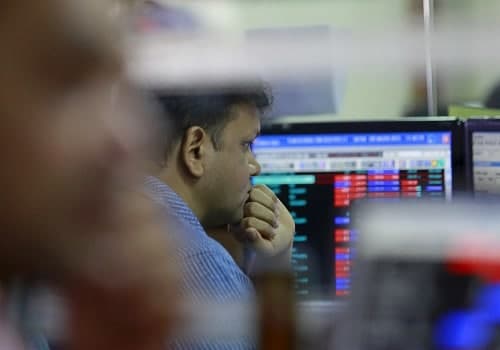
Follow us Now on Telegram ! Get daily 10 - 12 important updates on Business, Finance and Investment. Join our Telegram Channel
Friday’s session turned-out to be a dismal day of trade for Indian equity benchmarks, where frontline gauges ended the day with a cut of over a percent, breaching their crucial 57,200 (Sensex) and 17,200 (Nifty) levels, dragged down by losses in all the sectors after US Fed chief's hawkish comments soured global sentiments. Markets started the session on negative note and stayed in red for whole day, as traders got anxious with report stated that investments in the Indian capital markets through participatory notes (P-notes) dropped to Rs 87,979 crore as of March-end, with experts believing that foreign investors will continue to adopt a cautious stance. Traders remained pessimistic as foreign institutional investors (FII) net sold Indian shares worth Rs 713.7 crore -- a tenth straight day of outflow for the Street. However, key gauges managed to cut some losses in late morning deals, taking support from the International Monetary Fund’s (IMF’s) Mission Chief for India Nada Choueiri’s statement that the successful macroeconomic management of the Covid-19 pandemic has resulted in a strong recovery of India’s economy because of which the country is in a better position to face the economic fallout of the current Ukrainian crisis.
But, equity markets failed to hold recovery and widened their losses in late afternoon session, as traders were cautious, as amid concerns over minorities being targeted in India, former Reserve Bank governor Raghuram Rajan cautioned that an 'anti-minority' image for the country can lead to loss of market for Indian products and may also result in foreign governments perceiving the nation as an unreliable partner. Sentiments remained down-beat as private report stated that UBS has downgraded its GDP growth forecast for India for the current financial year from 7.7 to 7.0 percent, adding that the Reserve Bank of India's (RBI) Monetary Policy Committee (MPC) risks failing to meet its inflation mandate. According to UBS, high global commodity prices, slower global growth, hit to domestic demand from the income shock of high fuel prices and elevated inflation, and the risk of the central government diverting money from capital expenditure towards subsidies will cause the Indian economy to grow at a slower clip this year than previously expected.
On the global front, Asian markets settled mostly down on Friday tracking a sell-off on Wall Street overnight, driven by hawkish comments from US Federal Reserve Chief Jerome Powell that signaled prospects of faster and sharper interest rate hikes, including a 50-basis points raise. European markets were trading lower as data showed U.K. retail sales dropped 1.4 percent on a monthly basis, largely due to the 7.9 percent fall in non-store retailing. Sales were forecast to fall 0.3 percent after a revised 0.5 percent decrease posted in February. Another survey revealed a measure of U.K. consumer confidence dropped to a near historic low in April due to concerns over rising inflation and interest rates dampened household finances.
Back home, fertilizer industry stocks were in watch with Crisil’s report that the fertiliser subsidy is likely to touch an all-time high of Rs 1.65 lakh crore this financial year against the budget estimate of Rs 1.05 lakh crore due to an unprecedented rise in the cost of raw materials and fertilisers globally. Steel stocks were limelight as Steel Minister Ram Chandra Prasad Singh said India produced 120 million tonne (MT) of crude steel during financial year ended March 31, 2022. At 120 MT, the output was about 18 per cent higher compared to the country's production in the preceding fiscal year.
Finally, the BSE Sensex fell 714.53 points or 1.23% to 57,197.15 and the CNX Nifty was down by 220.65 points or 1.27% to 17,171.95.
The BSE Sensex touched high and low of 57,689.86 and 57,134.72, respectively. There were 6 stocks advancing against 24 stocks declining on the index.
The broader indices ended in red; the BSE Mid cap index rose 0.71%, while Small cap index was down by 0.38%.
The top losing sectoral indices on the BSE were Bankex down by 2.19%, Metal down by 2.17%, Finance down by 1.70%, Healthcare down by 1.57% and Basic Materials down by 1.45%, while there were no gaining sectoral indices on the BSE.
The top gainers on the Sensex were Mahindra & Mahindra up by 0.98%, Bharti Airtel up by 0.50%, Maruti Suzuki up by 0.35%, Asian Paints up by 0.26% and ITC up by 0.25%. On the flip side, SBI down by 3.08%, Hindustan Unilever down by 3.06%, Indusind Bank down by 2.94%, Dr. Reddy's Lab down by 2.86% and Axis Bank down by 2.68% were the top losers.
Meanwhile, the International Monetary Fund’s (IMF’s) Mission Chief for India Nada Choueiri has said that the successful macroeconomic management of the Covid-19 pandemic has resulted in a strong recovery of India’s economy because of which the country is in a better position to face the economic fallout of the current Ukrainian crisis. Observing that India represents about seven per cent of the total world economy in purchasing power parity (PPP) terms and is one of the countries that are growing rapidly, she said India’s growth is lifting the global economy and is very important for a well-functioning global economy. She added the other important role that India is playing today is in the provision of vaccines. As a significant vaccine producer, India has a role also in managing future pandemics.
Giving her impression about the performance of the Indian economy during this global economic crisis beginning with the Covid-19 pandemic, she said India took important measures on a spectrum of policies. She said ‘we saw sound fiscal management to get things right, to create fiscal space, to respond to the immediate needs of the population. We also saw proactive monetary policy to respond to the needs of the financial system and of the corporate sector to support the liquidity needs during the pandemic’.
In its latest World Economic Outlook, the IMF downgraded its projections from its previous of nine per cent growth for the year 2022 to 8.2 per cent (a drop of 0.8 percentage points) this year. Choueiri explained that this was largely due to the war in Ukraine. Observing that in terms of the Ukraine war a whole slew sets of challenges are coming on top of the pandemic crisis, Choueiri asserted that a number of strengths will help India whether this shock.
Though, she also said India is on a recovery path from the economic fallout of the pandemic. There was a very sharp recession in fiscal year 2021, where GDP declined by 6.6 per cent. And there was a strong recovery from that last year. The estimate for growth for last year is 8.9 per cent. She said ‘This is a strong rebound. And this is despite a very severe second wave, which happened in the first quarter of the financial year that just ended. So, despite that we see a strong recovery having taken place last year and the recovery is still continuing’.
The CNX Nifty traded in a range of 17,315.30 and 17,149.20. There were 8 stocks advancing against 42 stocks declining on the index.
The top gainers on Nifty were Adani Ports &SEZ up by 2.76%, Mahindra & Mahindra up by 0.88%, HCL Technologies up by 0.30%, ITC up by 0.27% and Maruti Suzuki up by 0.26%. On the flip side, Hindalco down by 4.85%, SBI down by 3.25%, Hindustan Unilever down by 3.00%, Cipla down by 2.96% and Dr. Reddy's Lab down by 2.92% were the top losers.
European markets were trading lower; UK’s FTSE 100 decreased 62.07 points or 0.81% to 7,565.88, France’s CAC decreased 104.99 points or 1.56% to 6,610.11 and Germany’s DAX decreased 276.42 points or 1.91% to 14,225.99.
Asian markets settled mostly down on Friday, pressured by strength in US Treasury yields after US Federal Reserve Chairman Jerome Powell blessed a 50 basis point rate hike in May and signaled support for further aggressive tightening to curb inflation by noting that he saw merit in ‘front-end loading’ policy moves. Japanese shares declined tracking Wall Street's overnight weakness. Meanwhile, Japan's key consumer prices advanced at the fastest pace in more than two years in March. However, Chinese shares gained slightly as authorities pledged to provide more support to hard-hit firms amid crippling covid outbreaks.
Above views are of the author and not of the website kindly read disclaimer
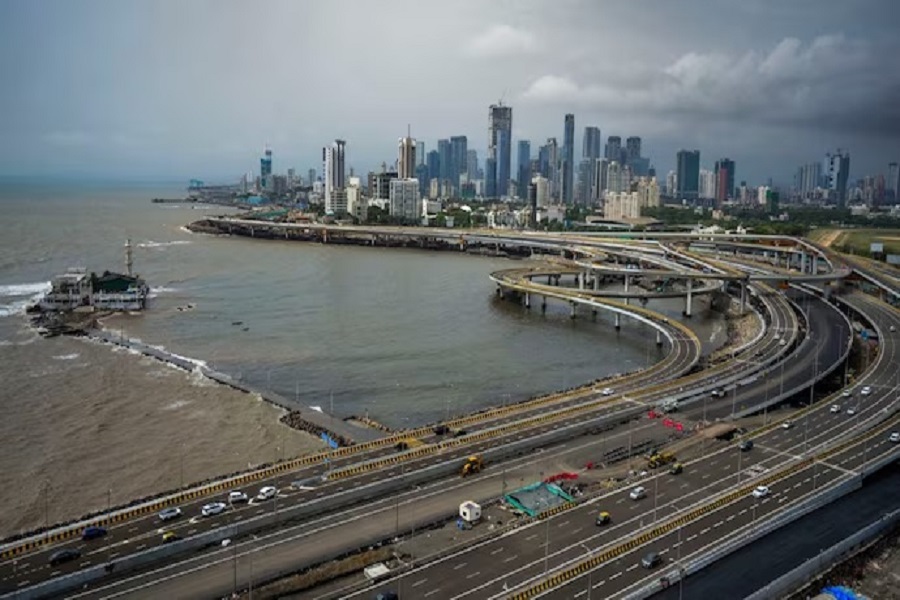





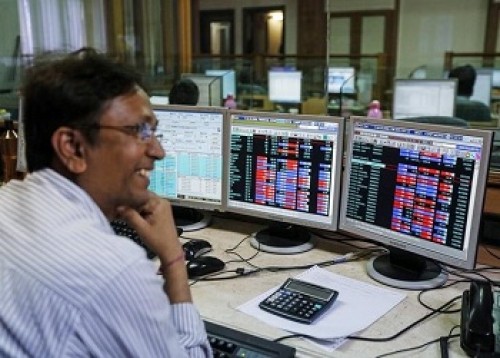

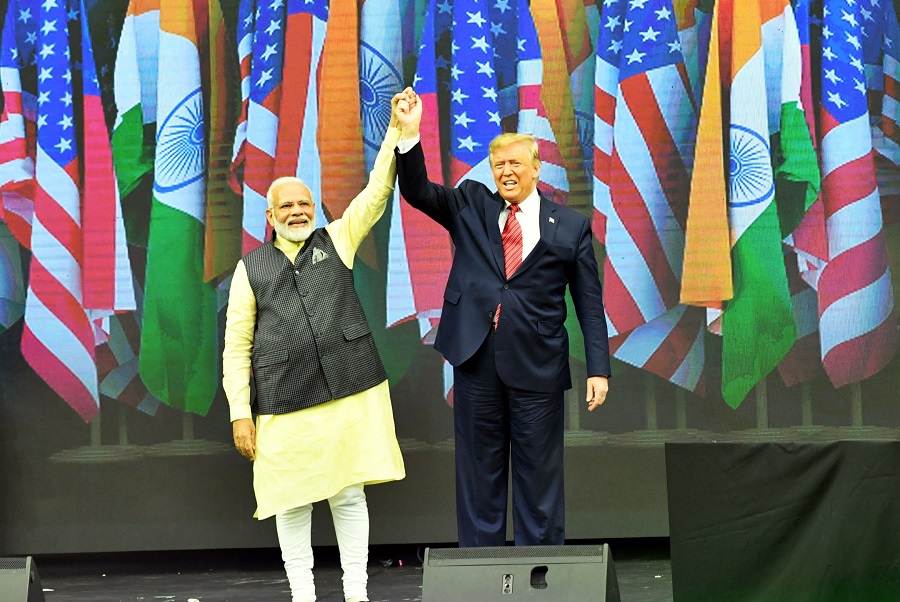

Tag News

Weekly Market Analysis : Markets strengthened recovery and gained nearly 2% in the passing w...



More News
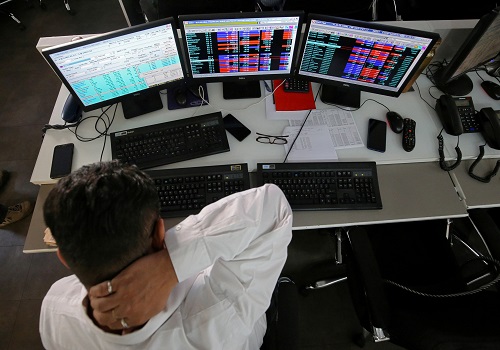
Opening Bell: Markets likely to get cautious start amid muted sentiment in global markets


